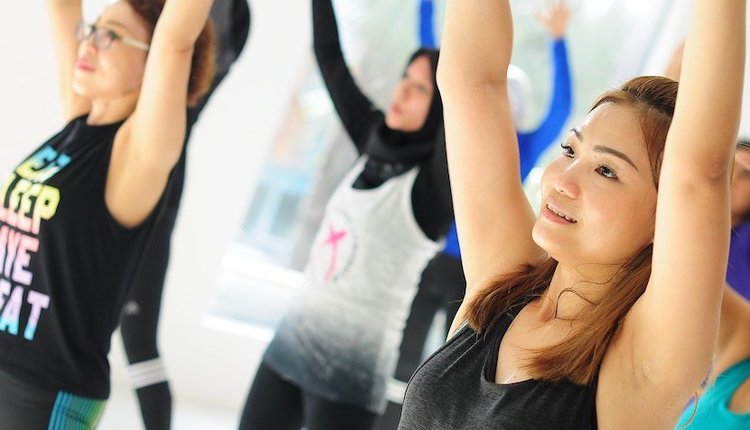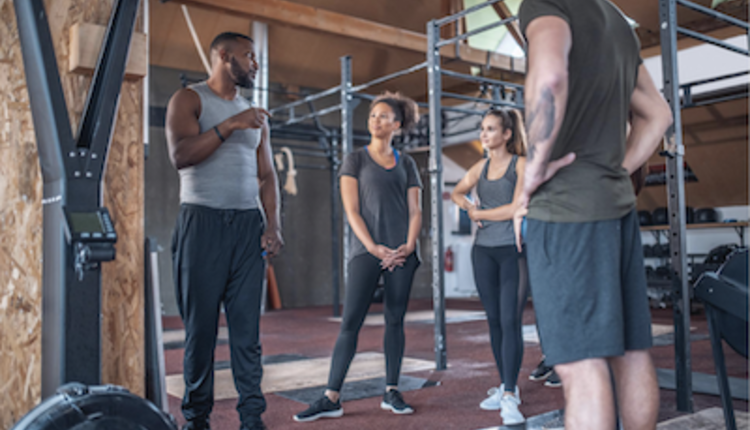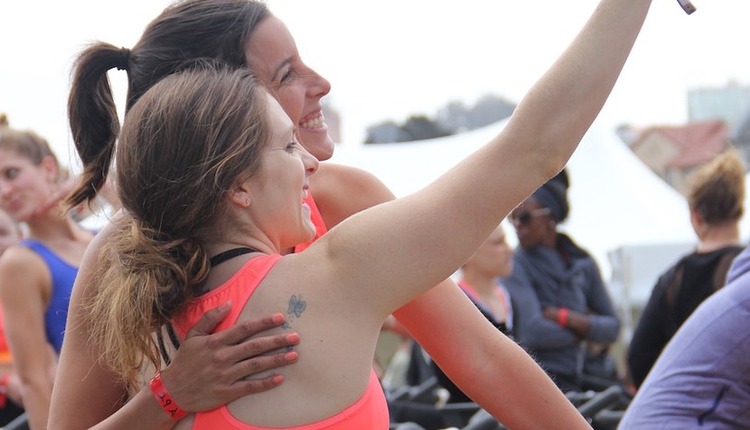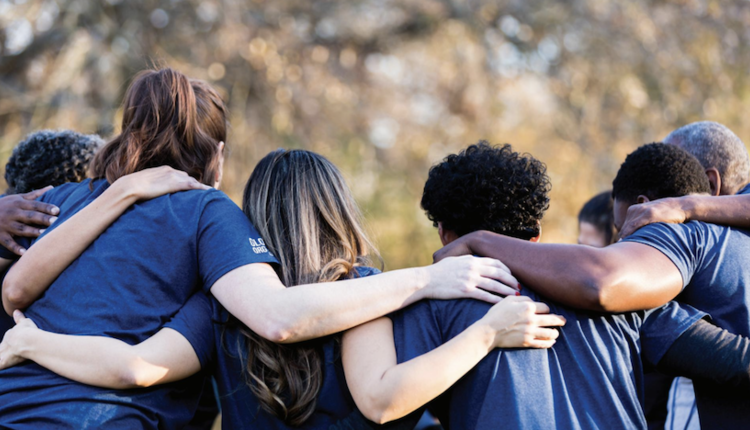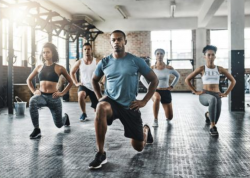
According to the Behavioral Risk Factor Surveillance System January 2022 report published by the CDC’s Active People Campaign, “23 states and the District of Columbia had a physical inactivity prevalence of 30% or higher among non-Hispanic Black adults.” That’s 46% of the United States including the territories that had sufficient data to include in these results.
But according to zippia, in 2021, out of over 92,610 fitness instructors currently employed in the United States, only 5.7% are Black. That’s 5,278 instructors trying to serve a need that’s in the millions. The numbers just aren’t adding up to match the need that exists today.
One could say that the average annual salary of $43,656, which is a monthly income of less than $3,700, won’t keep many in the professional for very long. Or, which has happened in my case, you have to work additional jobs outside of personal training to make ends meet and you have less hours to devout to training clients. Less hours = less impact = cycle of inactivity continues.
This data reinforces the need for Black adults to not just have safe access to facilities outdoors and in their communities, but also why gyms, recreations centers and more must have adequate representation of trainers that look like them racially and also represent a variety of different body types and socioeconomic backgrounds.
There have been so many times where I’ve heard the words, “I was looking for a Black female trainer and couldn’t find anyone.”
But even once we cross that barrier, most importantly we must be paid in order to stay. If I were in a position to make changes, here’s what I would do:
- Place affordable gyms in low-income areas based on the 23 states and DC listed with the highest needs (low-cost gyms like Planet Fitness or 24 Hour Fitness are great options because they have flexible hours of operation)
- Hire local trainers and offer signing bonuses to get certified to work there
- Offer free nutrition classes to the community
- Run challenges with prizes each month to incentivize people to get active
- Collaborate with health insurance companies to use insurance, FSA or HSA accounts to pay monthly gym memberships
I could go on and on, but the main point I want to drive home is this. Invest time, money and energy in the communities with the greatest need, put people of color in gyms and facilities in that space to serve those communities AND pay them a livable wage to do so.
If there’s one thing I know about being Black, if you build it, they will come.
Ariana Stowe is an ISSA Elite Trainer with certifications in personal training, nutrition, genetic based fitness coaching, and transformation specialist. She specializes in helping high achieving women who have discipline in business but not with fitness to lose weight and build curves in her 90 day online coaching program. In 2020, she was featured in Strong Fitness Magazine as a Women to Watch and successfully led a live online fitness event for Juneteenth on their social media platform. To stay up to date with Ariana, you can follow her on Instagram @arianastowe or visit www.arianastowefitness.com.





